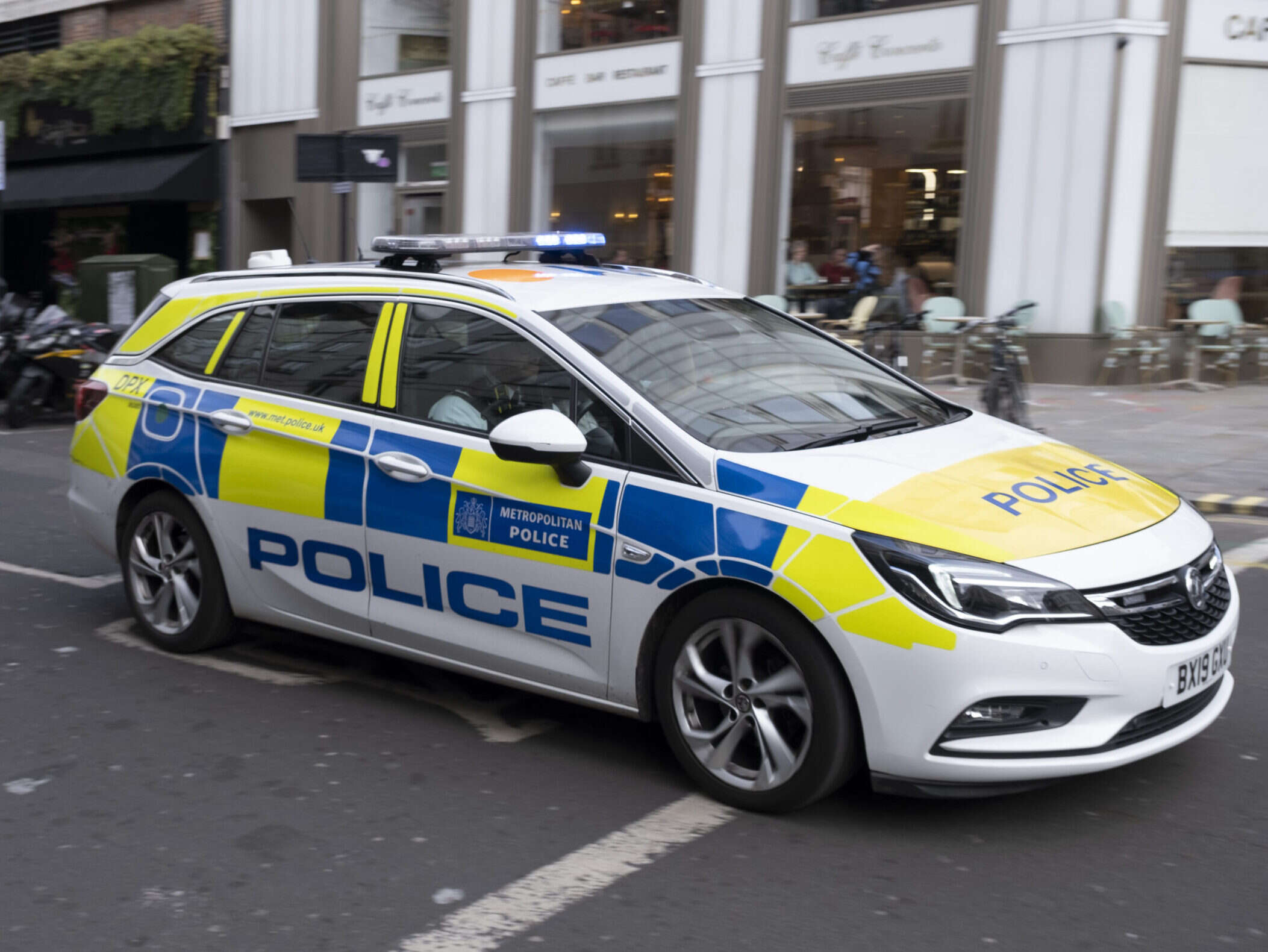
The UK’s police watchdog has apologised after appearing to equate journalists with extremist groups.
The Crime Reporters Association objected to a report on corruption in the Met Police by HM Inspectorate of Constabulary which recommended police officers disclose associations with “journalists and extremist groups”.
The report was produced after an independent panel last year criticised the Met for appearing more concerned with protecting its own reputation than uncovering the truth about private investigator Daniel Morgan in 1987.
The new report, published on Tuesday, stated that HMIC was “unimpressed” with the Met’s application of its counter-corruption policies, adding: “We were surprised to find that police officers and staff did not have to disclose their association with journalists or extremist groups. This is despite national guidance to the contrary and a history of scandals.”
It added that the Met’s policy on “declarable association”, meaning any relationship or connection with another individual including via social media, “does not include requirements for personnel to disclose their relationships with journalists or extremist groups. These are surprising omissions”.
Rebecca Camber, crime and security editor at the Daily Mail and chair of the Crime Reporters Association, lodged a formal complaint on behalf of the group, which has 47 members.
In an email to HMICFRS, she said: “To mention association with journalists in the same breath as that of extremist groups is unjust.”
Camber acknowledged the report’s reference to a “history of scandals”, pointing to the Leveson Inquiry report and the Filkin report which looked at relationships between the press and police, but added that “none have gone so far as to make such a comparison”.
She also noted that every journalist charged under Operation Elveden, which launched in 2011 payments by journalists to police and other officials, was ultimately acquitted or cleared on appeal (although 34 public officials were convicted).
“To lump journalists in together with extremist groups risks creating a misleading impression that journalists are continually seeking to corrupt, to subvert, to inappropriately influence, which is patently not the case,” Camber said.
She added: “We are concerned that to associate journalists as akin to extremist groups in this influential report will have a chilling effect on police-press relations, discouraging whistleblowers from speaking out and deterring officers from having legitimate, essential contact with journalists which CRA members engage in on a daily basis.”
HMICFRS has now apologised and agreed to change the wording of the report.
An HMICFRS spokesperson told Press Gazette: “It was never our intention to equate journalists and extremist groups, and we have therefore amended our report to better reflect this.
“Journalists play an essential role in our democracy, including holding police forces to account. We have apologised to the Crime Reporters Association, and we thank them for bringing this to our attention.”
The HMICFRS report claimed the Met Police’s media policy was “incompatible” with College of Policing guidelines which state “a notifiable [declarable] association policy would be expected to contain information on … television, print and online journalists [and] individuals who are members of or have associations with extremist groups”.
The Met’s policy states: “If you have a relationship with a journalist on a personal basis outside of your role as a police officer or police staff – such as a relative or close friend – this is not classed as a declarable association.
“However, you should follow the MPS Professional Standards Policy in the same way that you would in other areas. Therefore, if that relationship with that individual could be seen to impact either on a job that you are involved in or your role, then you should highlight this to your line management so that they are aware.”
HMICFRS recommended that the Met should revise its declarable association policy by 31 March 2023 to put “firm obligations on all personnel to disclose to the DPS any relationships with journalists, and any relationships with extremist groups”.
Society of Editors executive director Dawn Alford told Press Gazette: “The Society is alarmed that yesterday’s published report by HMICFRS groups police relationships with journalists alongside that of extremist groups. While we welcome the author’s swift agreement to change the sentence linking the two, we are dismayed that such a worryingly inaccurate perception made it to publication in the first place.
“Ahead of the publication of the College of Policing’s Media Guidelines in 2017, the Society, alongside other organisations and media representatives, warned that over-prescriptive attempts to force police officers to declare all associations with journalists ran the risk of reporters being perceived in the same vein as criminals. It is worrying therefore that such an approach appears to be being pursued yet again.
“The media fulfils an important role in keeping the public informed about the work of the police and it also holds them to account. Media reporting not only helps solve crimes, but it also helps bring offenders to justice and helps keep communities safe.
“A successful working relationship between the police service and the media is vital. For this to be achieved, the public’s perception of the police’s relationship with the media is just as important as the relationship itself. It is not in anybody’s interest for journalists to be likened to extremist groups.”
The Met Police declined to comment but is understood to be looking at this area as part of its response to the report.
Picture: Mike Kemp/In Pictures via Getty Images
Email pged@pressgazette.co.uk to point out mistakes, provide story tips or send in a letter for publication on our "Letters Page" blog
